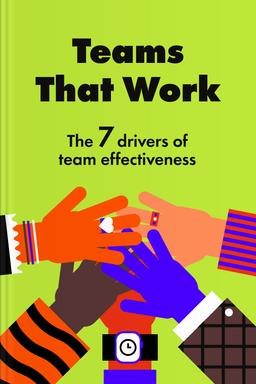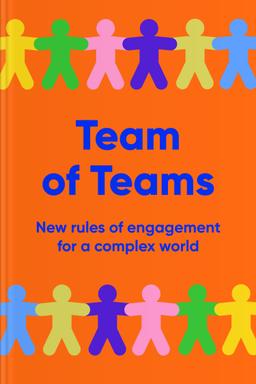What is The Genius of Opposites about?
This insightful book explores the unique strengths of introverts and extroverts and how they can collaborate effectively to achieve exceptional outcomes. It provides practical strategies for leveraging these contrasting personality types in teamwork and leadership, emphasizing the value of diverse perspectives. Readers will discover how to foster productive partnerships, enhance communication, and create environments where both introverts and extroverts thrive.
Who should read The Genius of Opposites
- Introverts seeking to collaborate with extroverts effectively.
- Extroverts wanting to understand and connect with introverts.
- Team leaders aiming to balance diverse personality types.
What is Collaborating with the Enemy about?
This book explores the challenging dynamics of collaboration in situations where individuals hold differing viewpoints or lack trust. It provides practical strategies for engaging with ‘the enemy’—those with whom you disagree or dislike—by emphasizing empathy, understanding, and co-creation. Through real-life examples and insightful frameworks, it guides readers on how to navigate conflict and foster productive partnerships to achieve common goals, highlighting the power of cooperation amidst division.
Who should read Collaborating with the Enemy
- Professionals in conflict resolution roles
- Team leaders navigating diverse workplace opinions
- Individuals seeking personal growth in challenging relationships
What is Teams That Work about?
This insightful guide explores the essential factors that contribute to team effectiveness in various settings. It identifies seven key drivers, including leadership, team structure, and communication, that influence collaboration and performance. With practical strategies and evidence-based research, the authors provide valuable frameworks for enhancing teamwork, making this book a vital resource for managers, team leaders, and organizations striving for high-functioning teams.
Who should read Teams That Work
- Team leaders seeking to boost team performance.
- Managers looking to enhance collaboration among team members.
- Organizational development professionals focused on team effectiveness.
What is The Culture Code about?
This book explores the underlying components that create successful groups, emphasizing the importance of safety, vulnerability, and purpose. Through engaging stories and research, it reveals how diverse teams can foster a culture of collaboration and innovation. By dissecting real-life examples from various organizations, it offers practical strategies for building trust and enhancing communication, ultimately guiding readers to cultivate an environment where collective success thrives.
Who should read The Culture Code
- Team leaders seeking effective collaboration strategies.
- Business professionals interested in organizational culture improvement.
- Educators looking to enhance group dynamics in classrooms.
What is Team of Teams about?
This book explores the concept of decentralized management in organizations, using insights from military operations to address complex challenges. It emphasizes the importance of adaptability, collaboration, and interconnectedness in fostering effective teams. By sharing real-world examples and practical strategies, it argues that traditional hierarchical structures are often inadequate in facing today’s fast-paced, unpredictable environments.
Who should read Team of Teams
- Leaders seeking innovative management strategies.
- Military professionals aiming for adaptive leadership skills.
- Business executives navigating complex organizational challenges.




